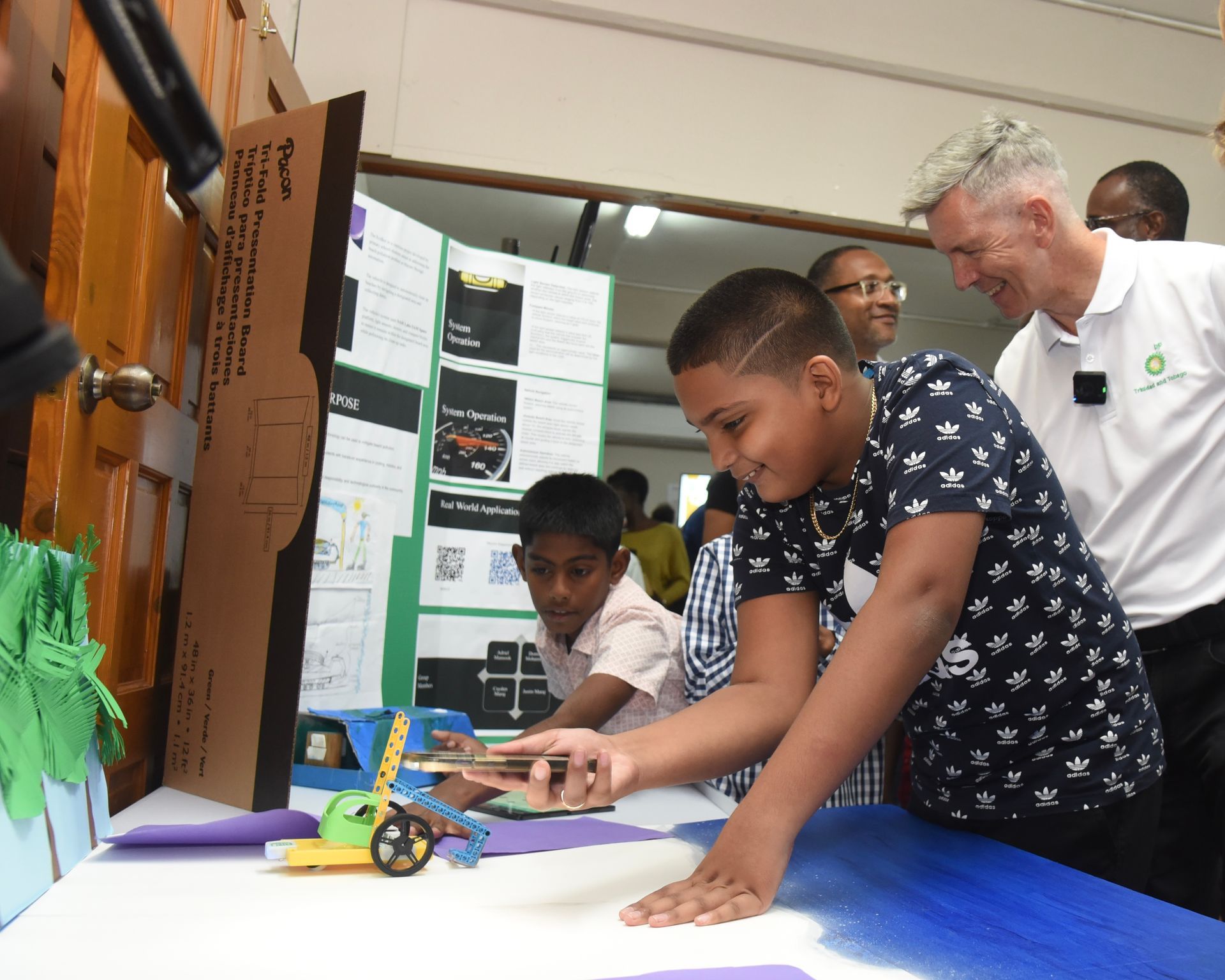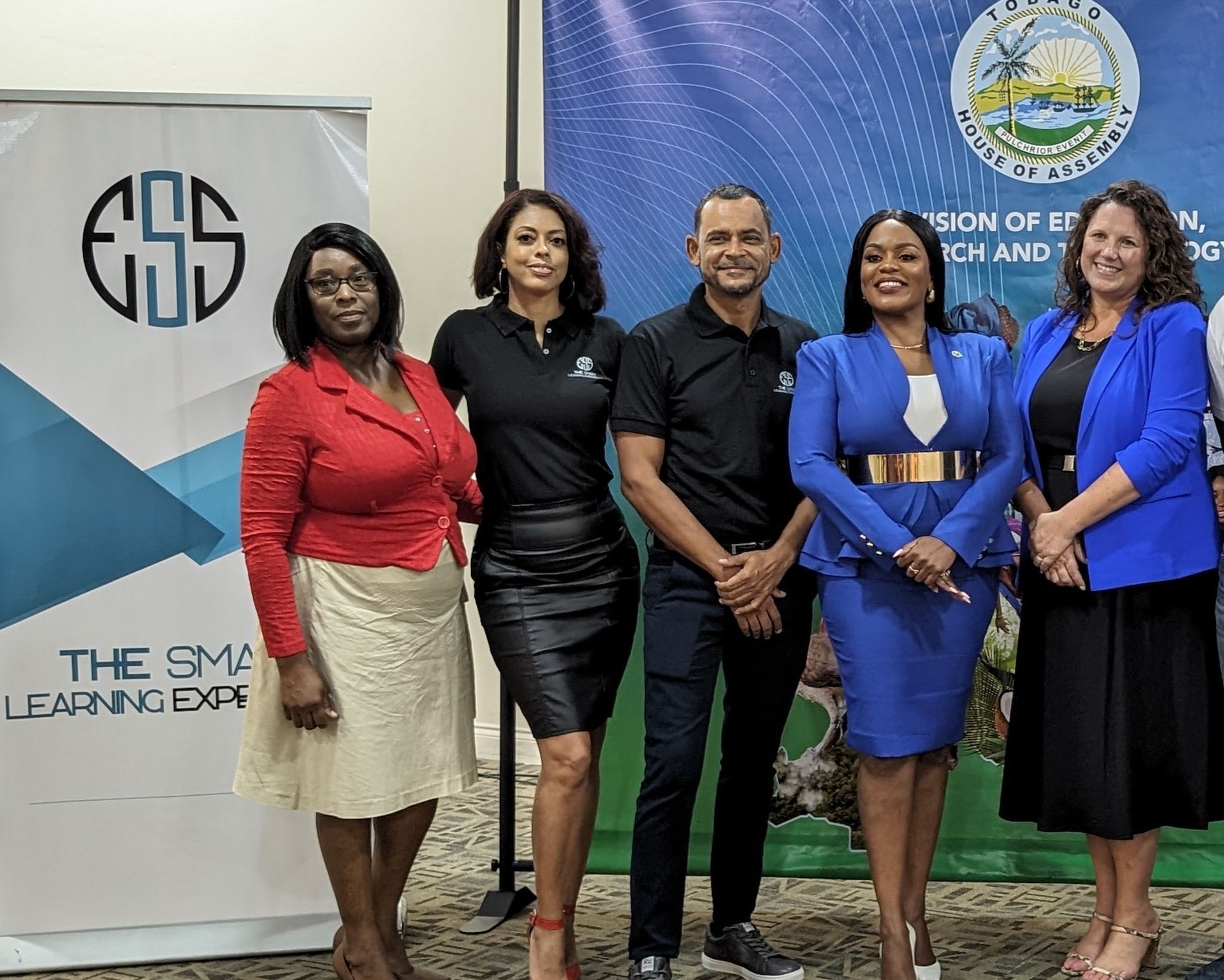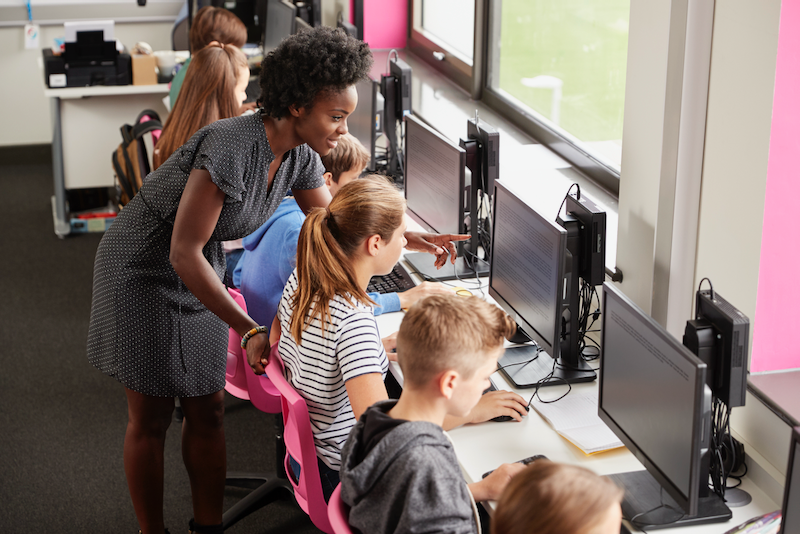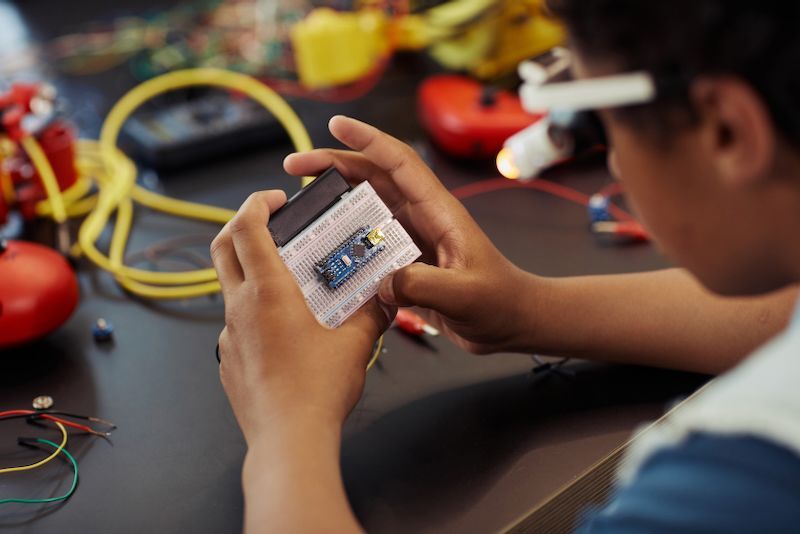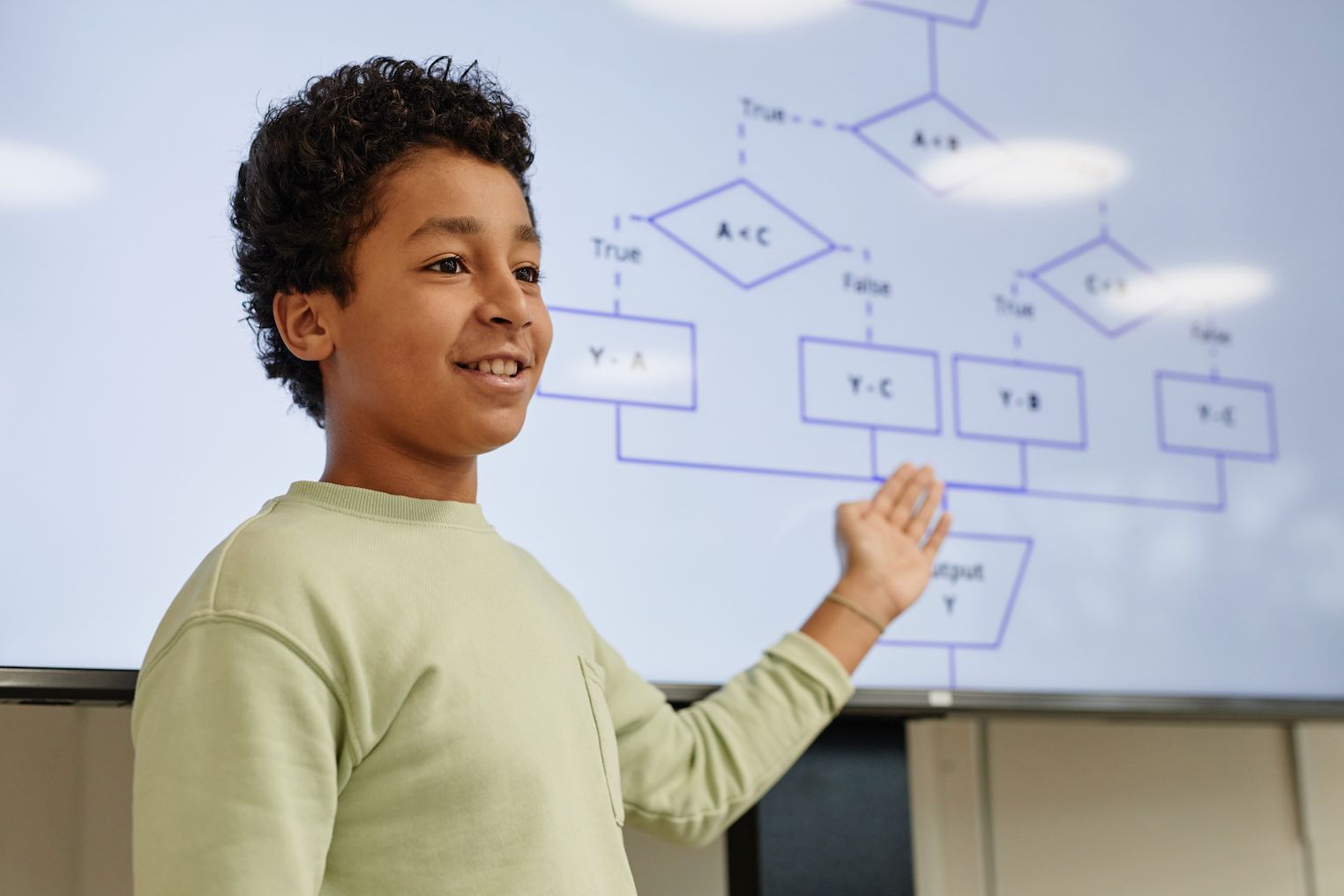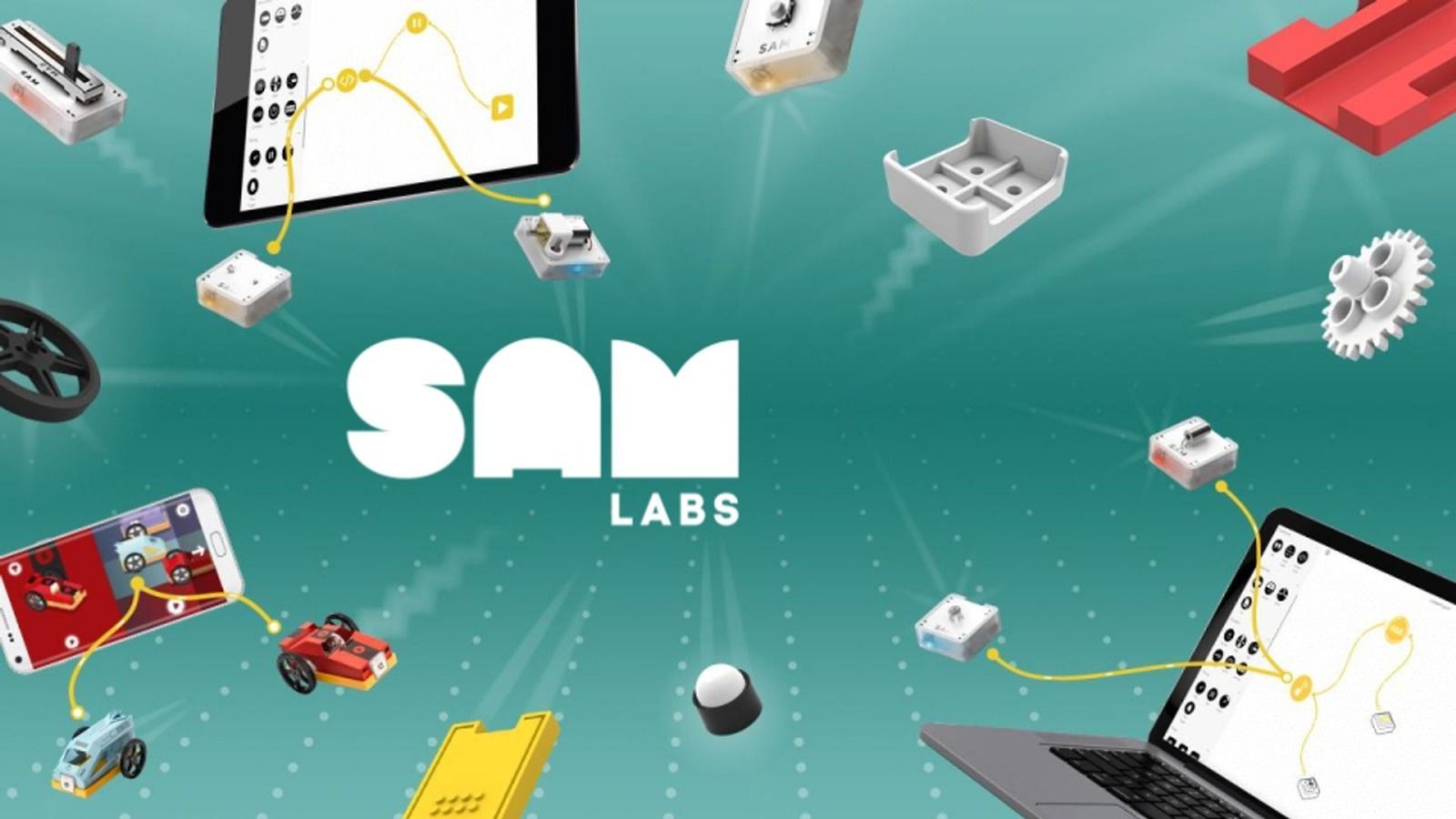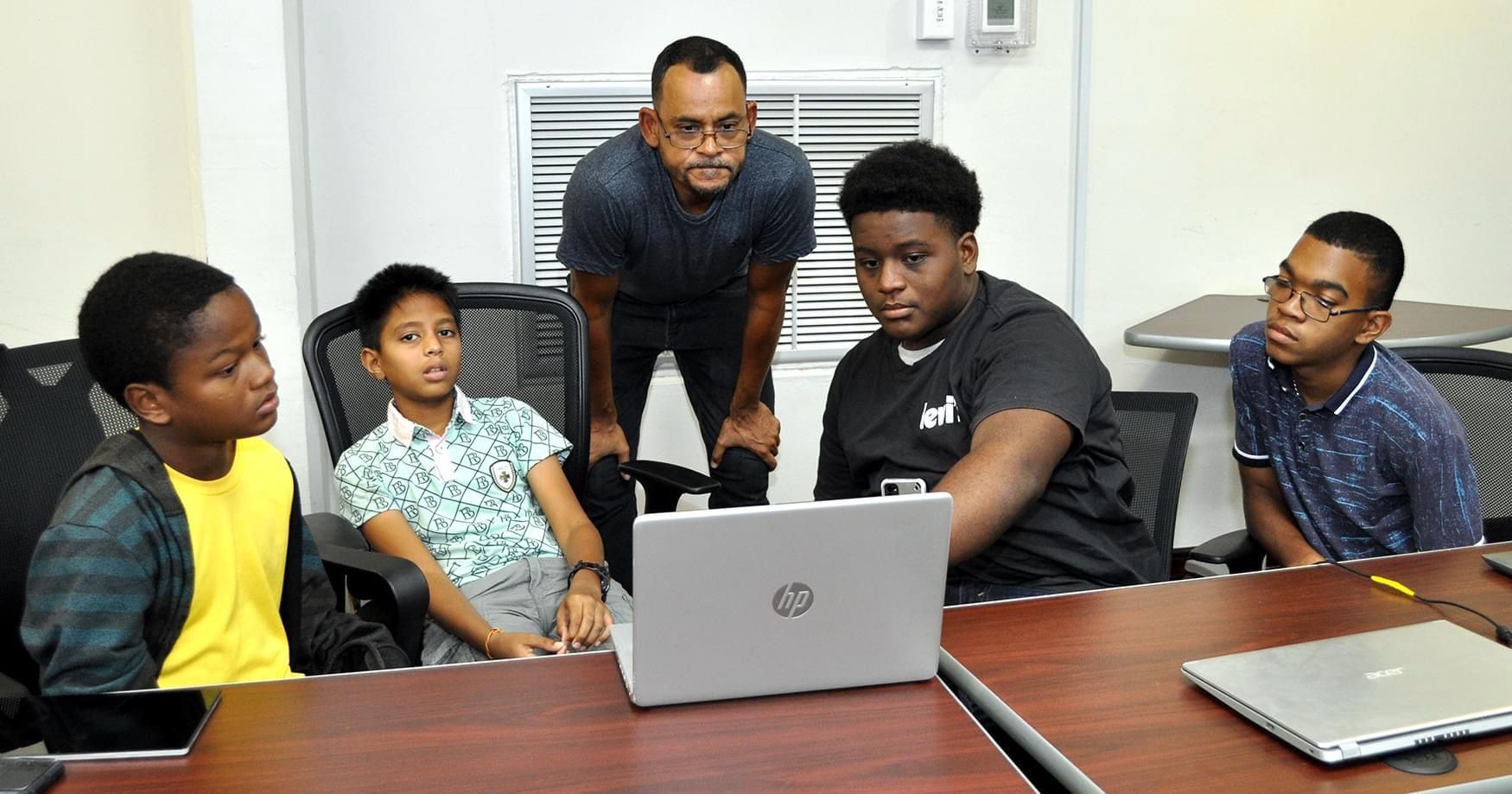The Future of Education in Trinidad & Tobago
How Technology is Shaping Classrooms
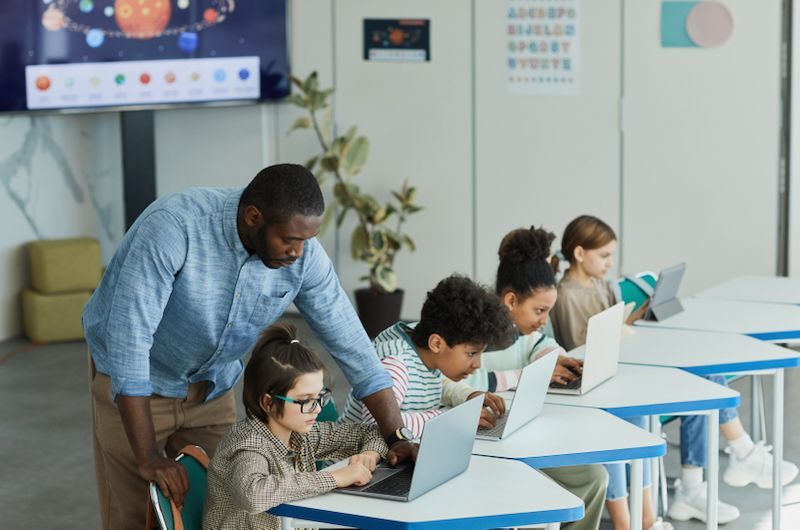
Education in Trinidad and Tobago is undergoing a significant transformation, driven by the rapid advancement of technology. The traditional classroom, once defined by chalkboards and textbooks, is now evolving into a dynamic and interactive learning environment where digital tools play a pivotal role. As the world becomes increasingly interconnected, it is essential for our education system to adapt to the demands of the 21st century, ensuring that students are well-prepared for the global stage. In this post, we explore how technology is shaping the future of education in Trinidad and Tobago and what this means for students, teachers, and the broader community.
Embracing Digital Classrooms
One of the most notable changes in education today is the shift towards digital classrooms. With the integration of interactive whiteboards, tablets, and online learning platforms, students in Trinidad and Tobago are experiencing a more engaging and personalized approach to education. These tools not only enhance the learning experience but also allow teachers to cater to different learning styles, ensuring that every student has the opportunity to succeed.
Digital classrooms also offer the flexibility to access educational content anytime, anywhere. This has been particularly beneficial in recent years, as schools adapted to remote learning during the COVID-19 pandemic. Even as schools return to in-person instruction, the lessons learned from this period are likely to continue influencing how education is delivered, with a blended approach combining both traditional and digital methods.
Enhancing Collaboration and Communication
Technology is also fostering greater collaboration and communication between students, teachers, and parents. Online platforms such as Google Classroom and Microsoft Teams allow for seamless communication, enabling students to collaborate on projects, ask questions, and receive feedback in real-time. This instant access to information and resources empowers students to take charge of their own learning, fostering a sense of responsibility and independence.
For teachers, these platforms provide valuable insights into student performance, allowing them to tailor instruction to meet individual needs. Parents, too, benefit from increased visibility into their child's education, as they can monitor progress and stay informed about classroom activities more easily than ever before.
Preparing Students for a Digital World
As technology continues to permeate every aspect of our lives, digital literacy has become an essential skill for the future workforce. In Trinidad and Tobago, it is crucial that students are equipped with the knowledge and skills needed to navigate this digital landscape. From coding and programming to digital media creation, the integration of technology in education is providing students with the tools they need to thrive in a rapidly changing world.
Educational institutions in Trinidad and Tobago are recognizing the importance of digital literacy and are incorporating it into their curricula. By exposing students to various forms of technology from an early age, schools are not only preparing them for future careers but also encouraging them to become innovative thinkers and problem solvers.
Bridging the Educational Divide
One of the most significant challenges facing the education system in Trinidad and Tobago is ensuring equal access to quality education for all students, regardless of their location or socioeconomic background. Technology has the potential to bridge this gap by providing students in rural or underserved areas with access to the same resources and opportunities as their peers in urban centers.
Through initiatives such as online learning platforms, virtual classrooms, and educational apps, students who may have previously been at a disadvantage can now access high-quality educational content. Additionally, government and private sector partnerships are helping to improve internet connectivity and provide devices to students in need, further leveling the playing field.
The Role of Educators in a Tech-Driven Future
While technology is undoubtedly transforming education, it is important to recognize that it is not a replacement for teachers. Instead, it is a tool that can enhance teaching and learning when used effectively. Educators in Trinidad and Tobago play a crucial role in guiding students through the digital landscape, helping them to critically evaluate information, use technology responsibly, and apply their knowledge in meaningful ways.
Professional development opportunities are essential for teachers to stay up-to-date with the latest technological trends and to integrate them effectively into their teaching practices. By empowering teachers with the skills and knowledge they need to leverage technology, we can ensure that students receive a well-rounded and future-ready education.
Conclusion
The future of education in Trinidad and Tobago is bright, with technology playing a central role in shaping the classrooms of tomorrow. As we continue to embrace digital tools and platforms, it is crucial that we remain focused on creating an inclusive and equitable education system that prepares all students for success in a globalized world. By leveraging the power of technology, we can unlock new possibilities for learning and ensure that the next generation is ready to meet the challenges and opportunities of the future.
